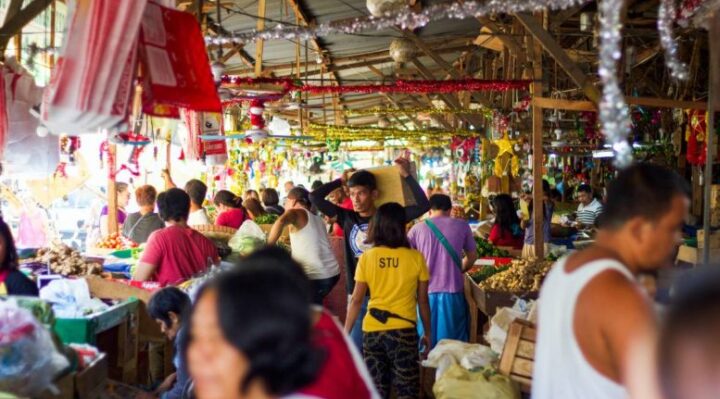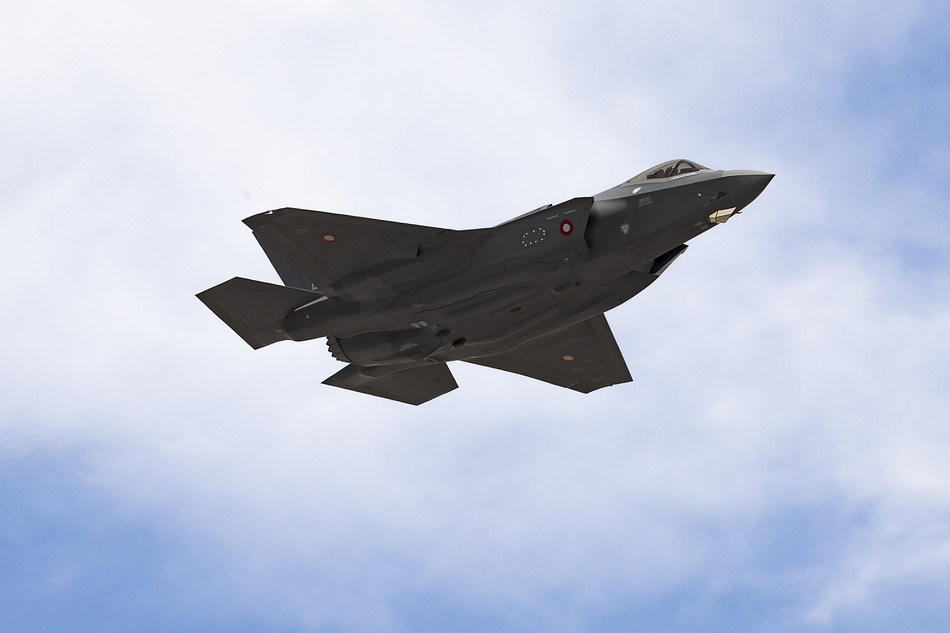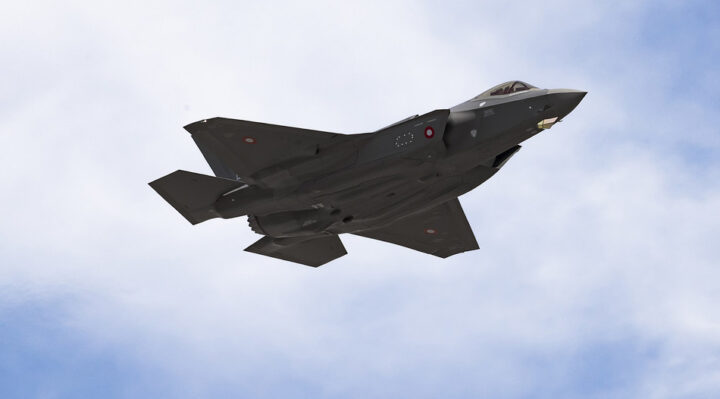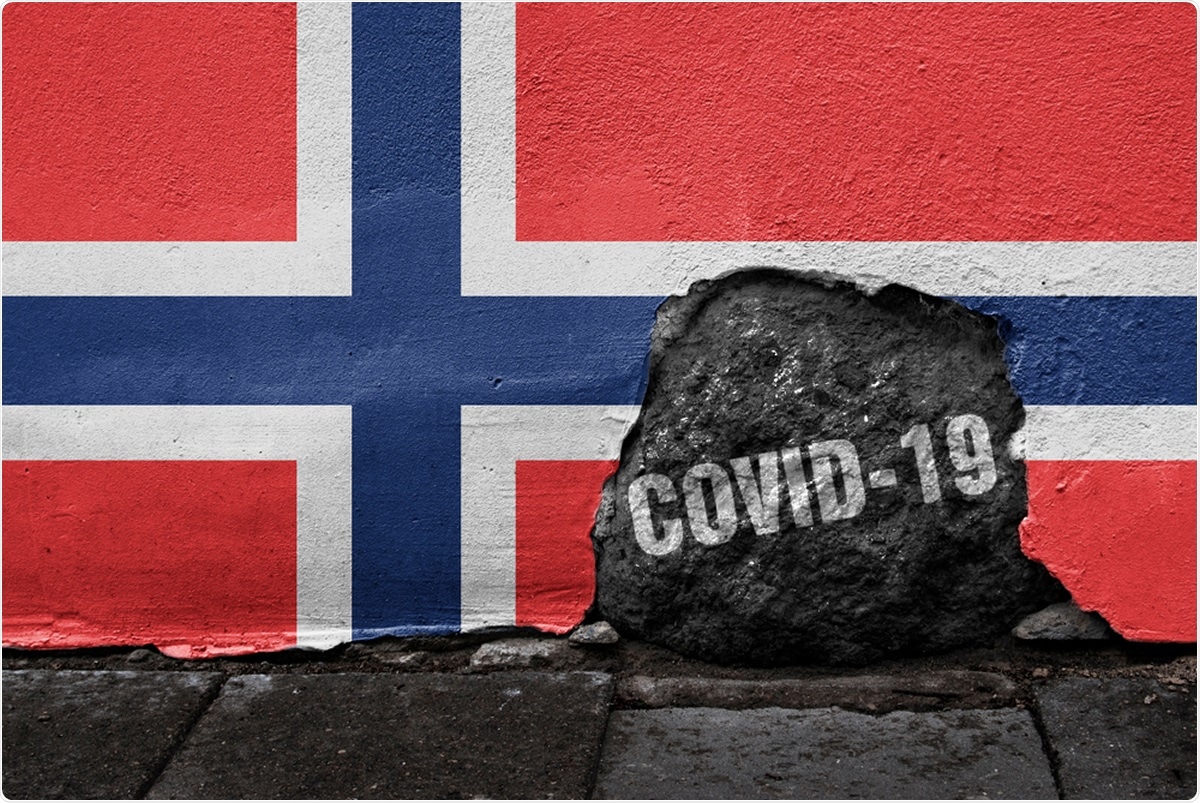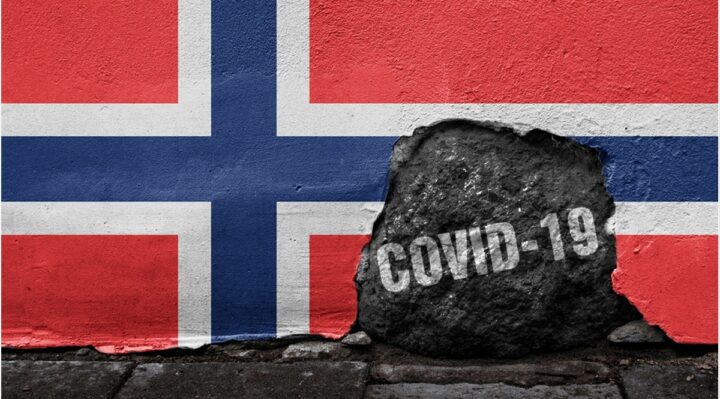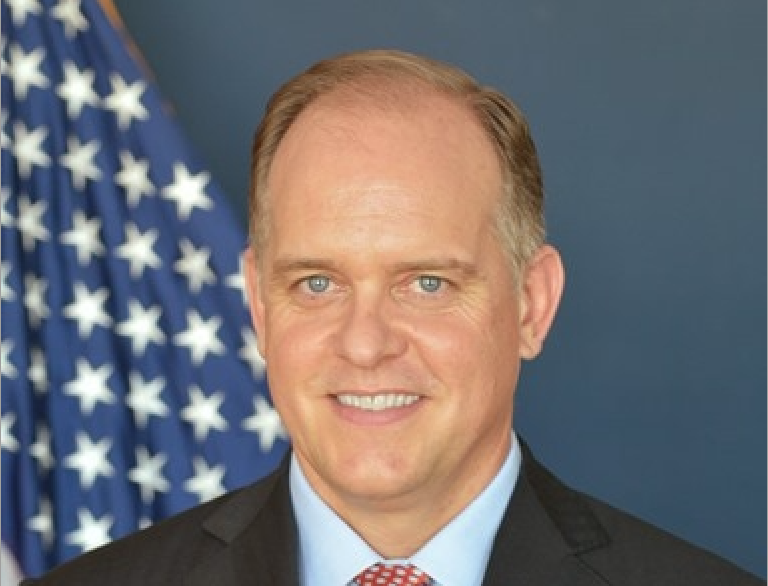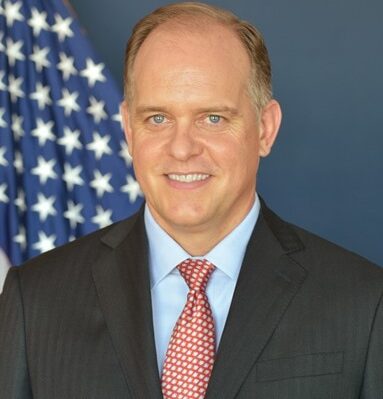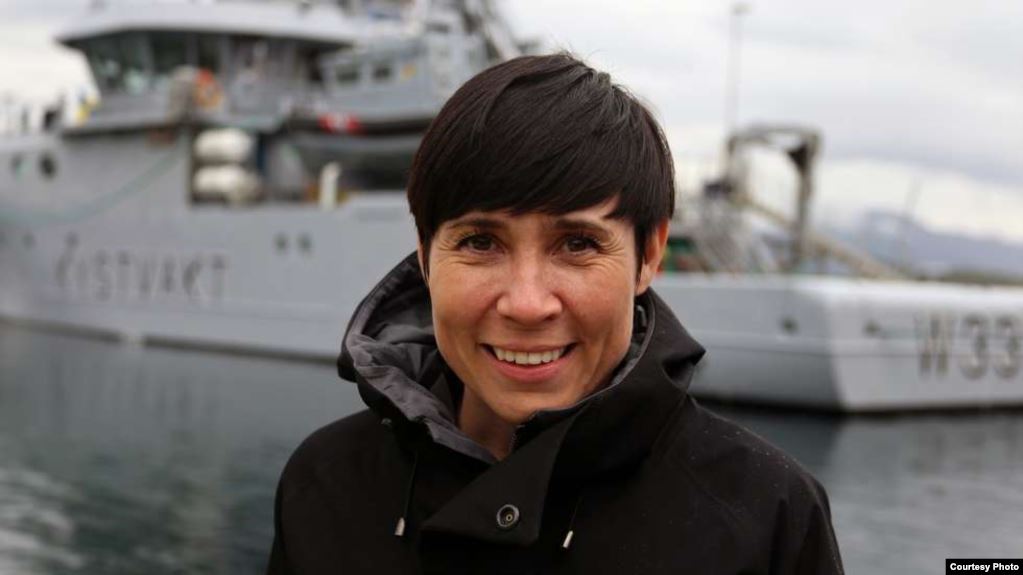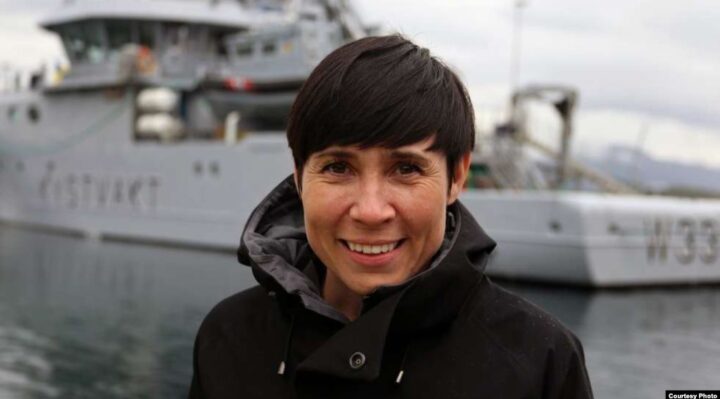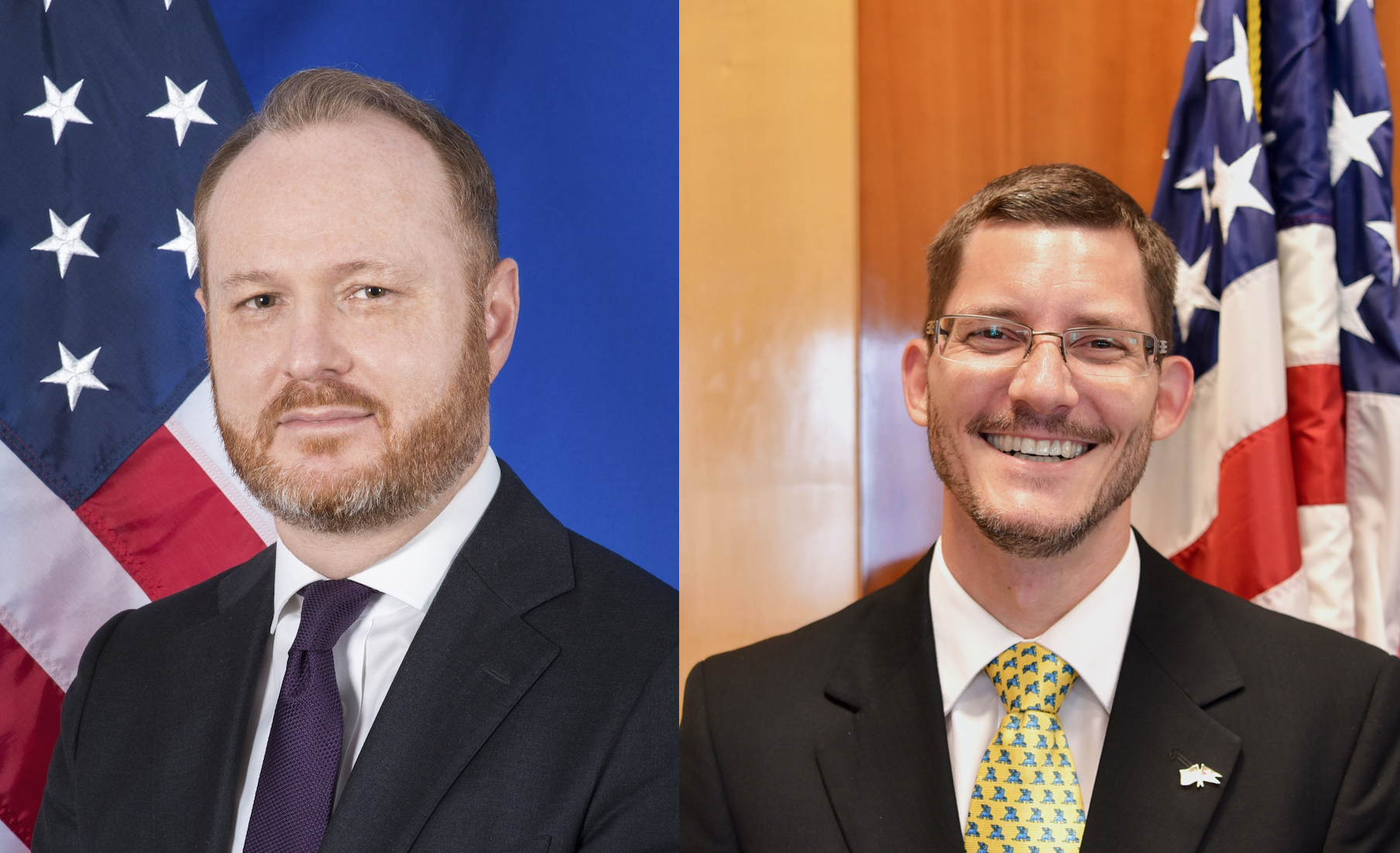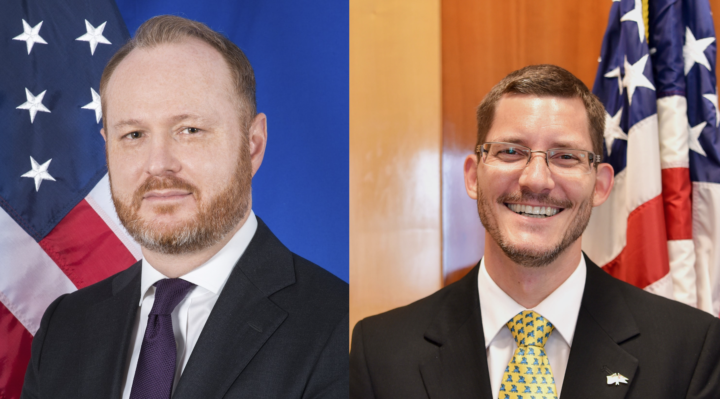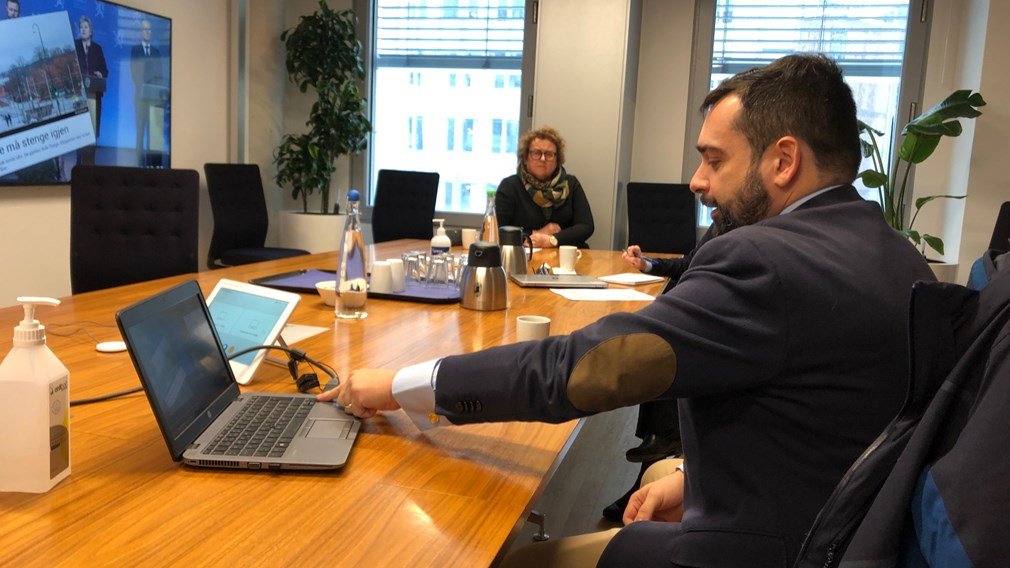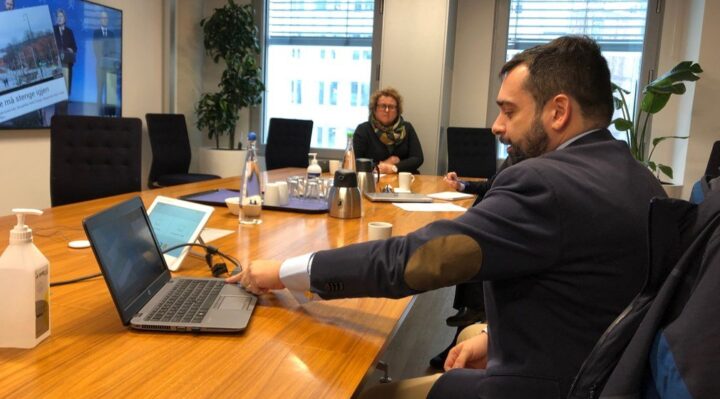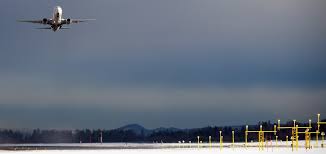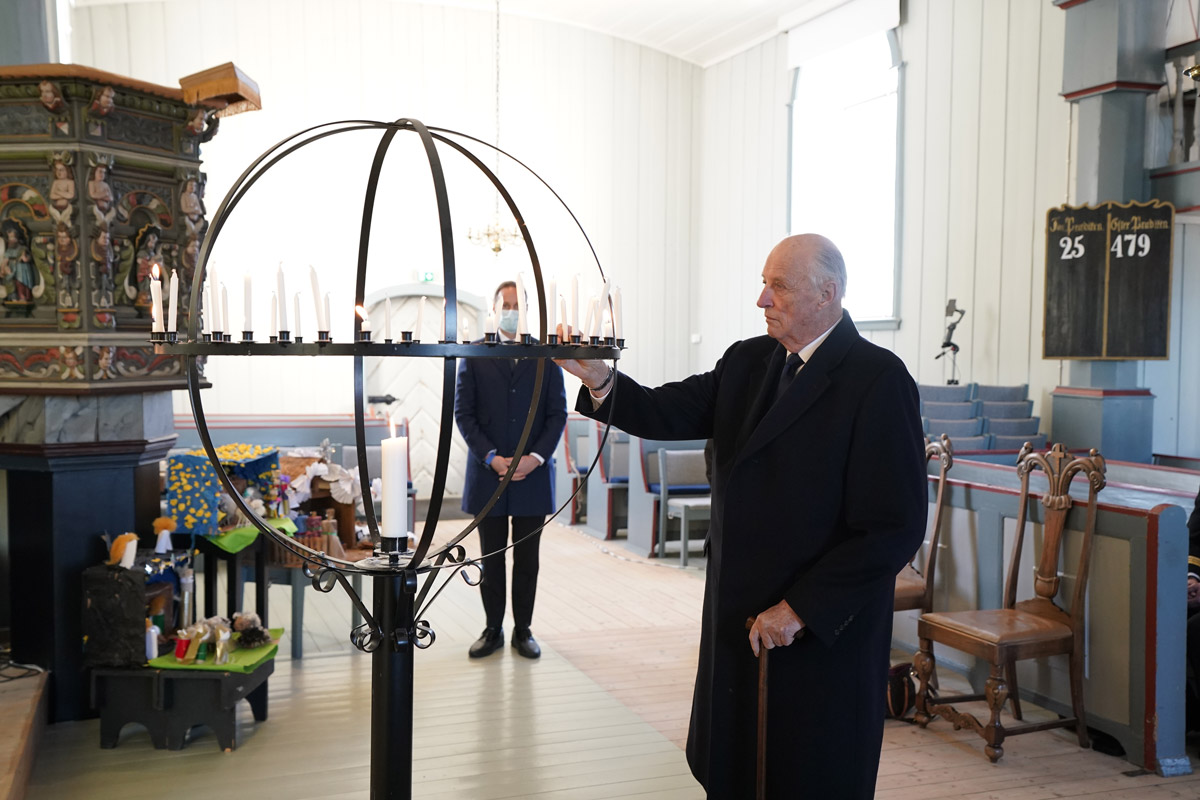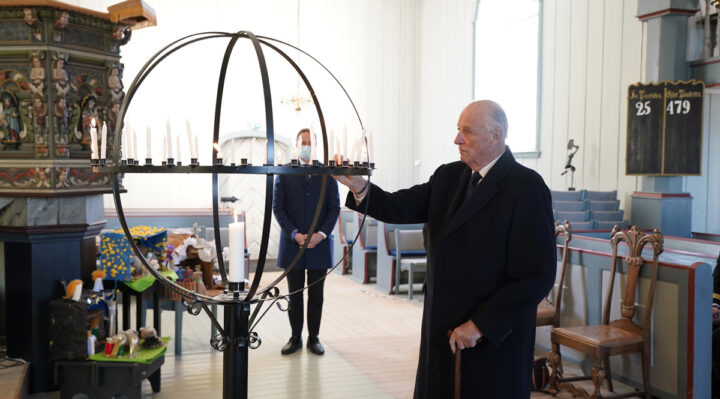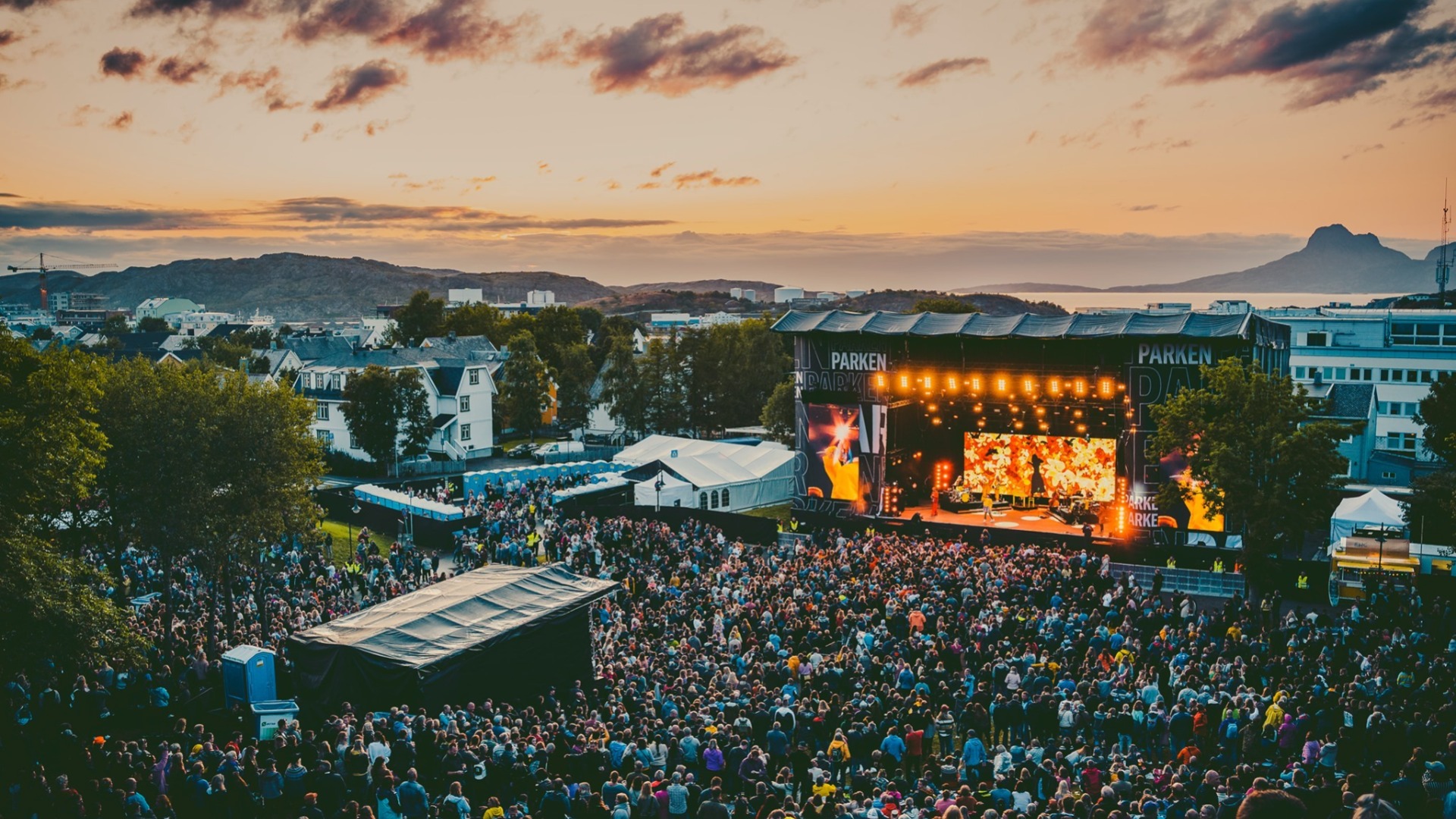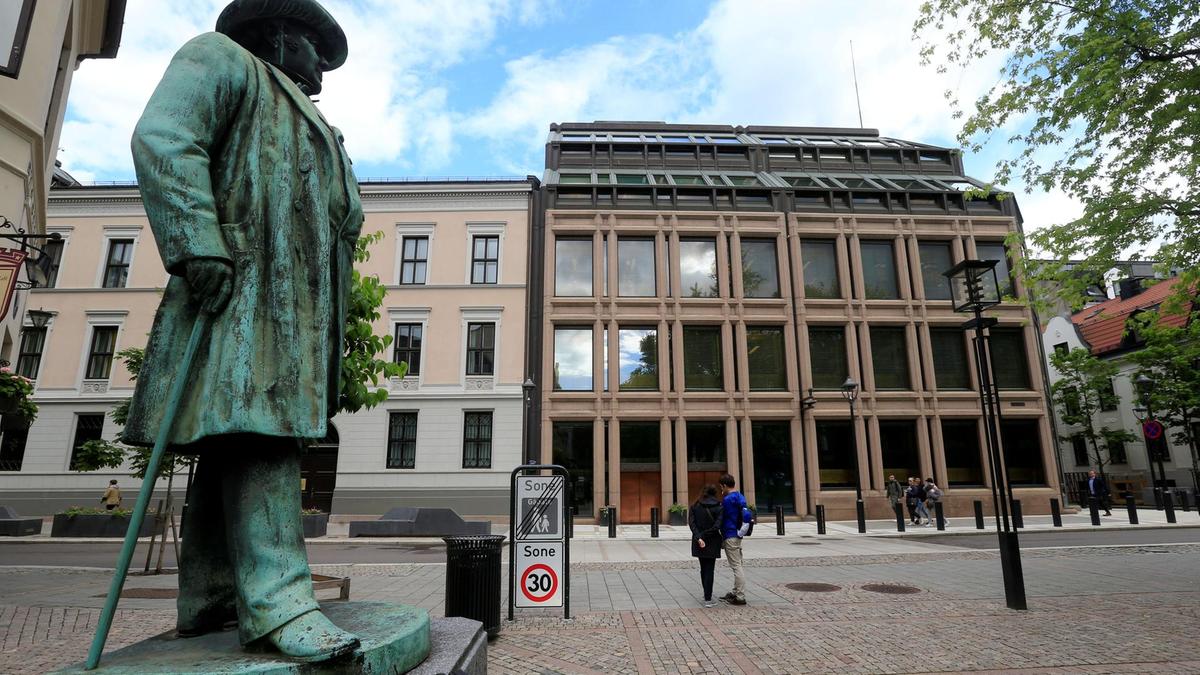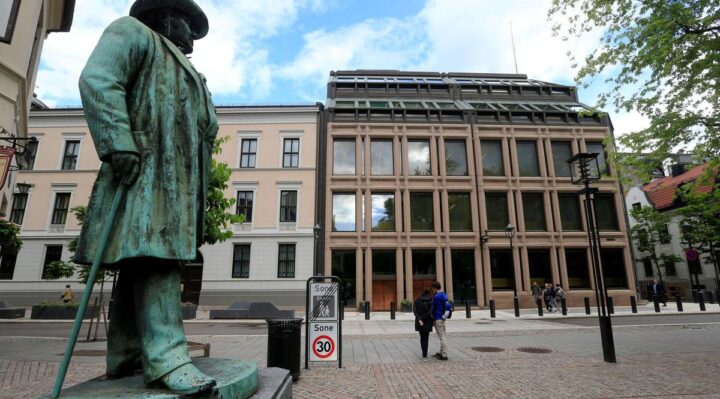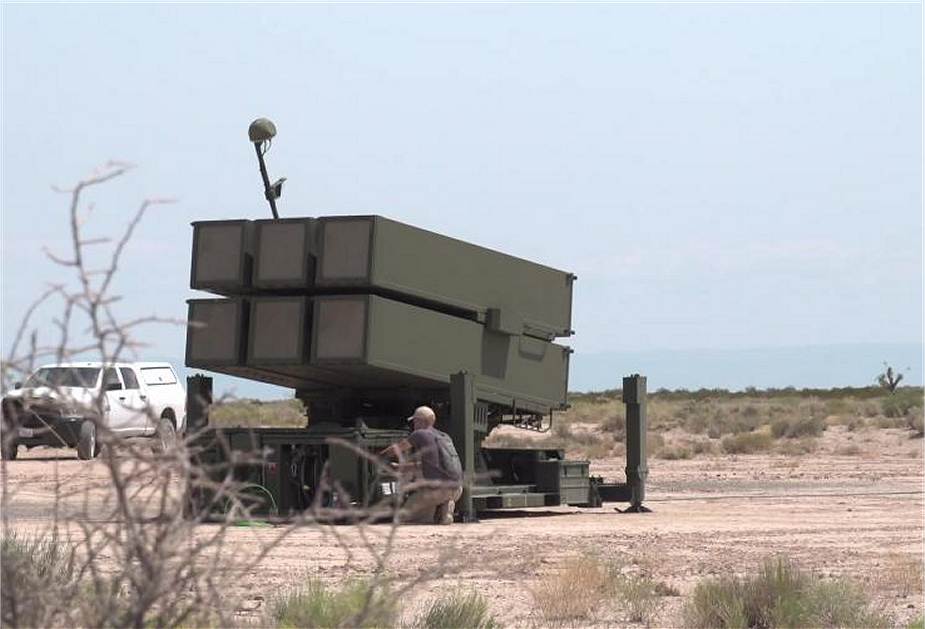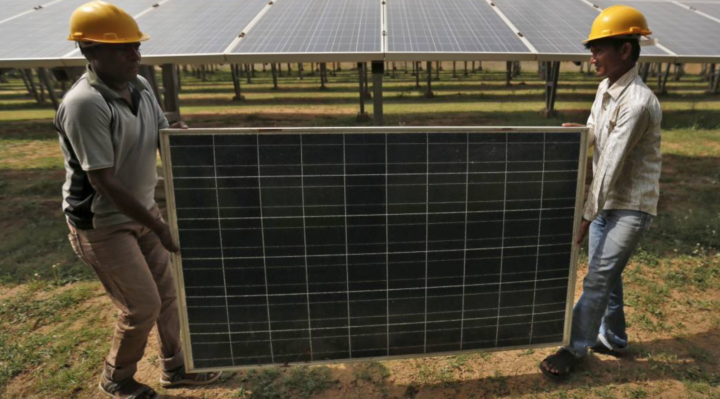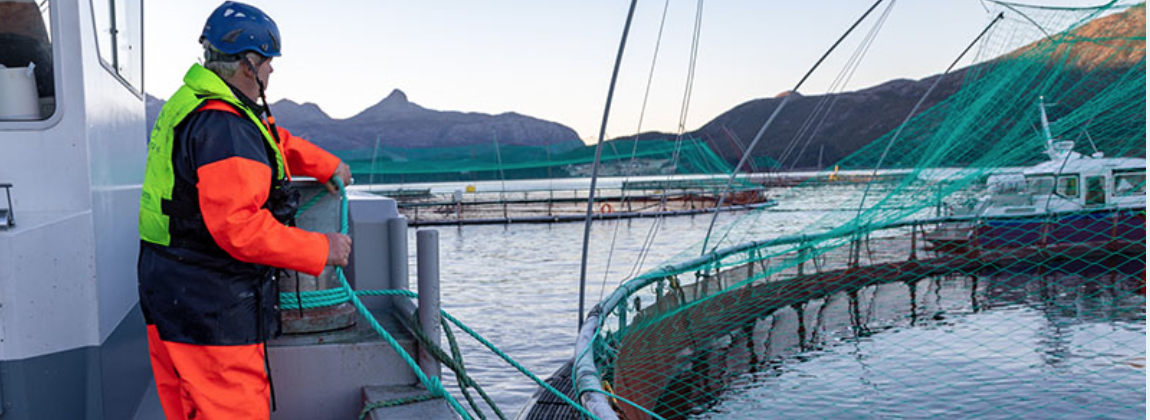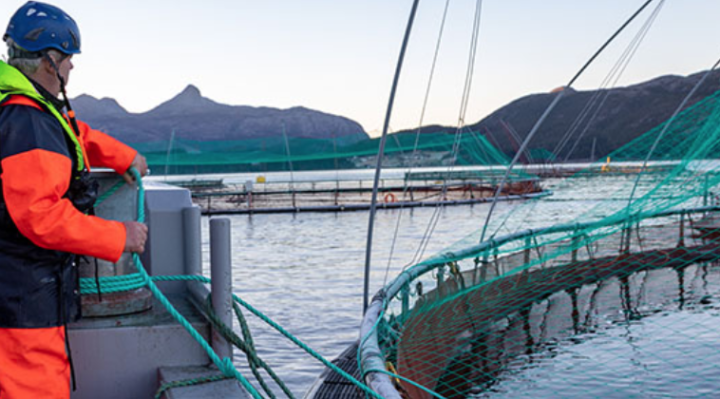As a member of the UN Security Council, Norway will chair the UN Security Council Sanctions Committee established pursuant to resolution 1718 (2006). Ambassador Mona Juul, Permanent Representative of Norway to the United Nations in New York, will chair the Committee.
The Democratic People’s Republic of Korea’s (DPRK) nuclear programme and ballistic missile tests pose a challenge to the global regime of non-proliferation of nuclear weapons and remain a threat to regional and international peace and stability. The Security Council has repeatedly expressed deep concern about the DPRK’s ongoing nuclear and ballistic missile-related activities, which have been destabilising for the region and beyond.
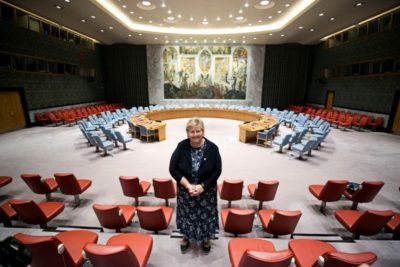
As Chair, Norway will adhere to a principled approach that upholds and advances the Committee’s mandate as outlined in resolution 1718 (2006) and subsequent resolutions. The work will be conducted in line with the Guidelines of the Committee, in collaboration with all Committee members, and supported by the Panel of Experts and the UN Secretariat.
Norway will work to maintain and advance consensus in the Committee’s efforts to fulfil its mandate to oversee the implementation of the measures adopted by the Security Council. As Chair, Norway will work to support states in implementing all relevant Security Council resolutions.
The Panel of Experts presents a list of recommendations to the Committee in its midterm and final reports. As Chair, Norway will work constructively with Committee members on how the Committee and Member States can follow up on these recommendations.
When examining requests for exemptions from the sanctions, the Committee should endeavour to ensure that UN sanctions do not have adverse humanitarian consequences for the civilian population of the DPRK, consistent with the objectives set out in the relevant resolutions of the Security Council. The Committee has established an accelerated exemption process for humanitarian assistance and exemptions for longer time frames. Norway will continue to focus on the exemption process in order to maintain and facilitate the Committee’s expedient and streamlined consideration of requests for exemptions for humanitarian assistance.




